

Articles
How To Store Homemade Hot Sauce
Modified: August 23, 2024
Learn how to properly store your homemade hot sauce with our informative articles. Keep your spicy creations fresh and flavorful for longer.
(Many of the links in this article redirect to a specific reviewed product. Your purchase of these products through affiliate links helps to generate commission for Storables.com, at no extra cost. Learn more)
Introduction
Welcome to the wonderful world of homemade hot sauce! Making your own hot sauce allows you to experiment with flavors, heat levels, and ingredients, giving you a unique and personalized condiment that is sure to spice up any dish. However, once you have created your delicious hot sauce, you need to know how to store it properly to maintain its quality and shelf life.
Proper storage is crucial to preserving the flavor, heat, and freshness of your homemade hot sauce. In this article, we will guide you on how to choose the right containers, sterilize them, label your hot sauce correctly, and make the decision between refrigeration and shelf storage. We will also provide you with tips to ensure optimal flavor and shelf life of your homemade hot sauce.
So, let’s dive in and learn how to store your homemade hot sauce!
Key Takeaways:
- Store homemade hot sauce in airtight glass containers, sterilize them, and label with name, date, ingredients, and spice level. Choose between refrigeration for perishable sauces or shelf storage for high-acidity ones.
- Follow tips for optimal flavor and shelf life, such as using fresh ingredients, balancing acidity, and avoiding cross-contamination. Regularly check for spoilage and enjoy your flavorful homemade hot sauce!
Read more: How To Store Homemade Sauces
Choosing the Right Containers
When it comes to storing your homemade hot sauce, choosing the right containers is essential. The containers you use should be suitable for storing acidic and spicy liquids while providing an airtight seal to prevent the sauce from spoiling.
Here are a few options to consider:
- Glass Bottles or Jars: Glass containers are an excellent choice for storing hot sauce. They are non-reactive, which means that they won’t interact with the acidic nature of the sauce. Look for bottles or jars with airtight lids to keep the hot sauce fresh.
- Mason Jars: Mason jars are a popular choice for storing hot sauce, particularly if you plan on giving them as gifts. They come in various sizes, are sturdy, and can be sealed tightly with a screw-on lid.
- Squeeze Bottles: If you prefer a more user-friendly option for dispensing your hot sauce, squeeze bottles are a great choice. Look for bottles made from food-grade materials that are resistant to heat and have a secure cap or nozzle.
When selecting your containers, consider the quantity of hot sauce you plan to store. If you make a large batch, opt for larger containers to avoid having to transfer the sauce to multiple smaller containers. Additionally, choose containers that are easy to clean to maintain the flavor of the hot sauce.
Remember, always sanitize your containers before transferring the hot sauce to ensure maximum freshness and longevity.
Sterilizing the Containers
Before storing your homemade hot sauce in containers, it is crucial to sterilize them to remove any potential bacteria or contaminants that could spoil the sauce. Sterilizing the containers will help maintain the quality and extend the shelf life of the hot sauce.
Here is a simple method to sterilize your containers:
- Wash the containers: Start by washing the containers with hot, soapy water. Rinse them thoroughly to remove any soap residue.
- Boil the containers: Fill a large pot with enough water to fully submerge the containers. Place the containers in the pot and bring the water to a boil. Allow the containers to boil for about 10 minutes.
- Remove and dry: Using tongs or a heat-resistant glove, carefully remove the containers from the boiling water and place them on a clean towel or drying rack. Allow them to air dry completely.
It is important to note that if you are using glass containers, they should be able to withstand the boiling process without cracking or shattering. Always read the manufacturer’s instructions before subjecting the containers to high temperatures.
By sterilizing the containers, you eliminate any potential bacteria that could contaminate your homemade hot sauce, ensuring its freshness and safety. This step is especially important if you intend to store the hot sauce for an extended period or give it as gifts.
Once the containers are sterilized and dry, they are ready to be filled with your delicious homemade hot sauce!
Proper Labeling
When storing your homemade hot sauce, proper labeling is essential. Clear and accurate labeling not only helps you identify the contents, but it also ensures that you know when the sauce was made and its potential shelf life.
Here are a few key elements to include when labeling your hot sauce:
- Name of the Hot Sauce: It’s important to give your hot sauce a unique and catchy name. This will make it easily identifiable and add a touch of personality to your homemade creation.
- Date of Preparation: Write down the date when the hot sauce was made. This will help you keep track of its freshness and determine its shelf life.
- Ingredients: List all the ingredients used in the hot sauce. This is particularly important if you have any special dietary concerns or if you plan to give the hot sauce as a gift and need to inform others about potential allergens.
- Spice Level: Indicate the level of spiciness of your hot sauce, whether it’s mild, medium, or hot. This will help people choose the right sauce for their taste preferences.
- Storage Instructions: Provide specific instructions for storing the hot sauce, whether it should be refrigerated or stored at room temperature.
It’s a good idea to use waterproof labels or markers to prevent smudging and maintain the legibility of the labels, especially because hot sauce bottles can become oily or wet over time.
Proper labeling not only contributes to the visual appeal of your homemade hot sauce but also ensures that you can easily identify and enjoy it at its best. So take a few minutes to label your hot sauce containers – it will make a world of difference!
Refrigeration vs. Shelf Storage
One of the decisions you’ll need to make when storing your homemade hot sauce is whether to refrigerate it or store it at room temperature. The choice between refrigeration and shelf storage depends on various factors such as ingredients, heat level, and personal preference.
Here are some considerations for each storage method:
Read more: How To Store Homemade Tomato Sauce
Refrigeration
Refrigeration is generally recommended for homemade hot sauce, especially if it contains perishable ingredients like fresh fruits or vegetables. The cold temperature of the refrigerator inhibits bacterial growth and helps maintain the flavor and quality of the sauce.
If you choose to refrigerate your hot sauce, make sure to:
- Use a tightly sealed container: Opt for a container with an airtight seal to prevent any odors or flavors from other foods in the refrigerator from affecting the hot sauce.
- Keep it in the back of the refrigerator: The back of the fridge tends to be colder and more consistent in temperature, providing an ideal environment for storing your hot sauce.
- Monitor the shelf life: While refrigeration helps extend the shelf life of hot sauce, it’s still important to keep track of the sauce’s freshness and discard it if it appears spoiled or has been refrigerated for an extended period.
Shelf Storage
Some hot sauces, particularly those with high acidity or high heat levels, can be safely stored at room temperature. If your hot sauce contains vinegar or has a pH level of 4 or below, it can be stored on the shelf.
However, certain precautions should be taken for shelf storage:
- Choose a cool, dark, and dry location: Store your hot sauce in a place away from direct sunlight, heat sources, and moisture. This helps preserve its flavor and prevents spoilage.
- Use airtight containers: Just like with refrigeration, make sure the containers have a secure seal to maintain the freshness and prevent any contaminants from entering.
- Check for signs of spoilage: Regularly inspect your hot sauce for any signs of mold growth, changes in color or texture, or off smell. If you notice any of these signs, discard the sauce immediately.
Ultimately, the choice between refrigeration and shelf storage depends on your personal preference and the specific characteristics of your homemade hot sauce. Consider factors such as ingredient composition, heat level, and storage conditions to determine the best method for your hot sauce.
Storing in the Refrigerator
If you choose to store your homemade hot sauce in the refrigerator, there are a few guidelines to follow to ensure its freshness and quality.
Here are some tips for storing hot sauce in the refrigerator:
- Use airtight containers: Transfer your hot sauce to airtight containers, such as glass bottles or jars with secure lids. This helps prevent air from entering and maintains the flavor and consistency of the sauce.
- Label the containers: Properly label each container with the name of the hot sauce, the date it was made, and any other relevant information. This will help you keep track of its freshness and avoid confusion.
- Store in the back of the refrigerator: Place the containers in the back of the refrigerator, as this area tends to be colder and more consistent in temperature. Avoid storing them in the door or near the front, where temperatures can fluctuate due to frequent opening and closing.
- Avoid cross-contamination: Keep your hot sauce away from other strong-smelling foods in the refrigerator that could affect its flavor. Consider using a designated shelf for your hot sauce.
- Check for signs of spoilage: Regularly inspect your hot sauce for any signs of spoilage, such as mold growth, off smell, or changes in color or texture. If you notice any of these signs, discard the sauce immediately.
It’s important to note that the storage time for homemade hot sauce in the refrigerator can vary. Generally, hot sauce stored in the refrigerator can maintain its flavor and quality for several months, but it’s best to consume it within 6 months for optimal taste.
Refrigeration helps slow down the natural degradation process of the hot sauce, but over time, the heat level and flavor may start to diminish slowly. It’s always wise to check the quality of the hot sauce before using it, especially if it has been stored for a long time.
By following these guidelines, you can enjoy your homemade hot sauce for an extended period while preserving its flavor and quality.
Store homemade hot sauce in a clean, airtight glass bottle or jar to maintain its freshness and flavor. Keep it in the refrigerator to prolong its shelf life.
Storing in the Pantry
While refrigeration is a common method for storing homemade hot sauce, certain hot sauces can be safely stored in the pantry. Storing hot sauce at room temperature requires proper consideration of ingredients, acidity levels, and storage conditions.
If you choose to store your hot sauce in the pantry, here are some guidelines to follow:
- Choose the right hot sauce: Not all hot sauces are suitable for pantry storage. Hot sauces with high acidity, low pH levels (4 or below), and vinegar content can typically be safely stored at room temperature. Acidic ingredients act as natural preservatives and help prevent spoilage.
- Use proper containers: Transfer your homemade hot sauce into clean, airtight containers that can effectively seal out air and moisture. Glass bottles or jars with secure lids are ideal for pantry storage.
- Keep in a cool, dark place: Find a cool, dark area in your pantry to store your hot sauce. Direct sunlight, heat, and excessive moisture can negatively affect the flavor and quality of the sauce. Aim for a consistent temperature between 50°F to 70°F (10°C to 21°C).
- Avoid cross-contamination: Store your hot sauce away from strong-smelling foods or ingredients in the pantry to prevent any unwanted flavors from seeping into the sauce.
- Check for signs of spoilage: Regularly inspect your hot sauce for any signs of spoilage, such as changes in color, texture, or an off smell. If you notice any of these signs, discard the hot sauce immediately.
It’s important to note that hot sauce stored in the pantry may have a slightly shorter shelf life compared to refrigerated hot sauce. While refrigeration can extend the freshness of the hot sauce, properly stored pantry hot sauce can still maintain its flavor and quality for several months to a year, depending on the ingredients used.
Factors such as acidity, ingredients, and storage conditions play a significant role in determining the shelf life of hot sauce stored in the pantry. Always use your judgment and check the quality of the hot sauce before consuming it, especially if it has been stored for an extended period.
By following these guidelines, you can enjoy your homemade hot sauce at room temperature while preserving its flavor and quality.
Read more: How To Store Homemade Pasta Sauce
Tips for Optimal Flavor and Shelf Life
To ensure that your homemade hot sauce maintains its optimal flavor and shelf life, here are some helpful tips to keep in mind:
- Use fresh, high-quality ingredients: Start with fresh and flavorful ingredients to create the best hot sauce. Whether it’s fresh chilies, herbs, spices, or vinegar, using high-quality ingredients will enhance the taste and longevity of your hot sauce.
- Strain the hot sauce: After blending or cooking your hot sauce, strain it to remove any seeds, pulp, or solids. This step helps achieve a smoother consistency and prevents the sauce from becoming too thick or chunky, which can affect its overall quality.
- Balance acidity and pH levels: Maintaining the right level of acidity is crucial for preserving your hot sauce. Acidic ingredients like vinegar help prevent the growth of bacteria. Aim for a pH level of 4 or below to ensure the sauce remains safe for consumption and has an extended shelf life.
- Avoid cross-contamination: When handling your hot sauce, sanitize all utensils, cutting boards, and equipment to prevent cross-contamination. This helps prevent the introduction of bacteria or contaminants that could spoil the sauce.
- Keep away from direct sunlight: Exposure to sunlight can degrade the flavors and quality of your hot sauce. Store it in a cool, dark place like your pantry or a cupboard to protect it from sunlight and heat.
- Avoid excessive heat or moisture: Extreme heat or moisture can cause spoilage and shorten the shelf life of your hot sauce. Store the sauce away from the stove, oven, or any other heat sources, and ensure the containers are properly sealed to prevent moisture from entering.
- Regularly check for signs of spoilage: Keep an eye on your hot sauce for any changes in color, texture, or smell. If you notice any signs of spoilage, such as mold growth or unusual odors, discard the sauce immediately.
- Don’t double-dip: To maintain the freshness and prevent contamination, avoid double-dipping or using dirty utensils when scooping hot sauce from the container. Instead, pour out the desired amount into a separate dish or use a clean spoon or squeeze bottle.
By following these tips, you can ensure that your homemade hot sauce stays flavorful, fresh, and safe to consume for as long as possible. Remember, even with proper storage, it’s always essential to use your judgment and check the quality of the hot sauce before using it, especially if it has been stored for an extended period.
Conclusion
Congratulations on learning how to store your homemade hot sauce! By following the guidelines provided in this article, you can ensure that your hot sauce stays fresh, flavorful, and safe to enjoy for an extended period.
Choosing the right containers, sterilizing them, properly labeling your hot sauce, and making the decision between refrigeration and shelf storage are all important factors to consider when storing your hot sauce.
Refrigeration is generally recommended for homemade hot sauce, especially if it contains perishable ingredients. By using airtight containers, storing them in the back of the refrigerator, and monitoring the shelf life, you can extend the freshness and quality of your hot sauce.
Alternatively, certain hot sauces with high acidity and low pH levels can be safely stored in the pantry. Remember to use proper containers, keep them in a cool and dark place, and check for signs of spoilage regularly.
Regardless of the storage method you choose, there are additional tips you can follow to maintain optimal flavor and shelf life. Using fresh ingredients, straining the hot sauce, balancing acidity and pH levels, avoiding cross-contamination, and protecting it from direct sunlight, heat, and excessive moisture are all essential practices to keep in mind.
Remember to regularly check the quality of your hot sauce, and if you notice any signs of spoilage, it’s best to discard it.
Now that you have the knowledge on how to store your homemade hot sauce, you can confidently experiment with flavors, heat levels, and ingredients, knowing that your hot sauce will remain fresh and delicious for your enjoyment.
So go ahead and showcase your culinary skills by making your own hot sauce – it’s time to add a spicy kick to your meals!
Frequently Asked Questions about How To Store Homemade Hot Sauce
Was this page helpful?
At Storables.com, we guarantee accurate and reliable information. Our content, validated by Expert Board Contributors, is crafted following stringent Editorial Policies. We're committed to providing you with well-researched, expert-backed insights for all your informational needs.
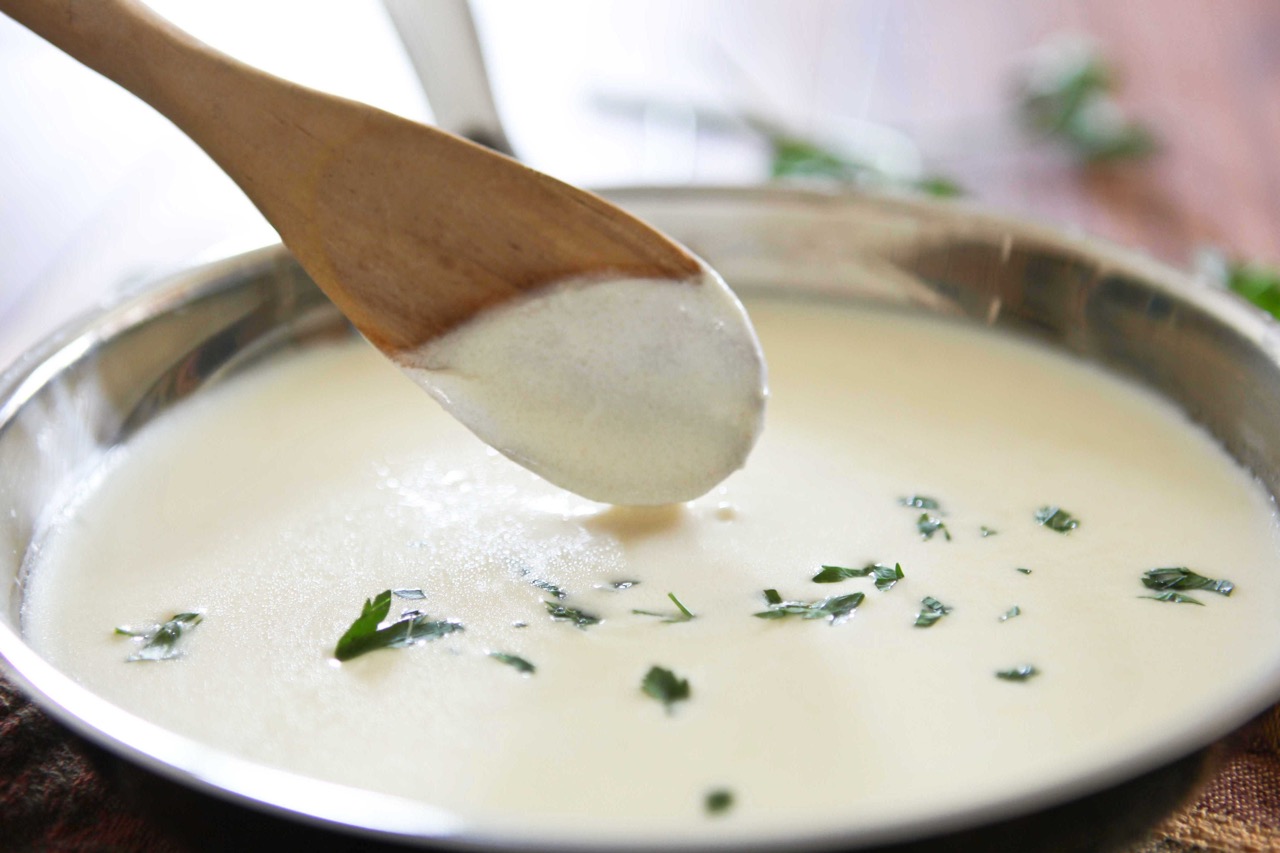
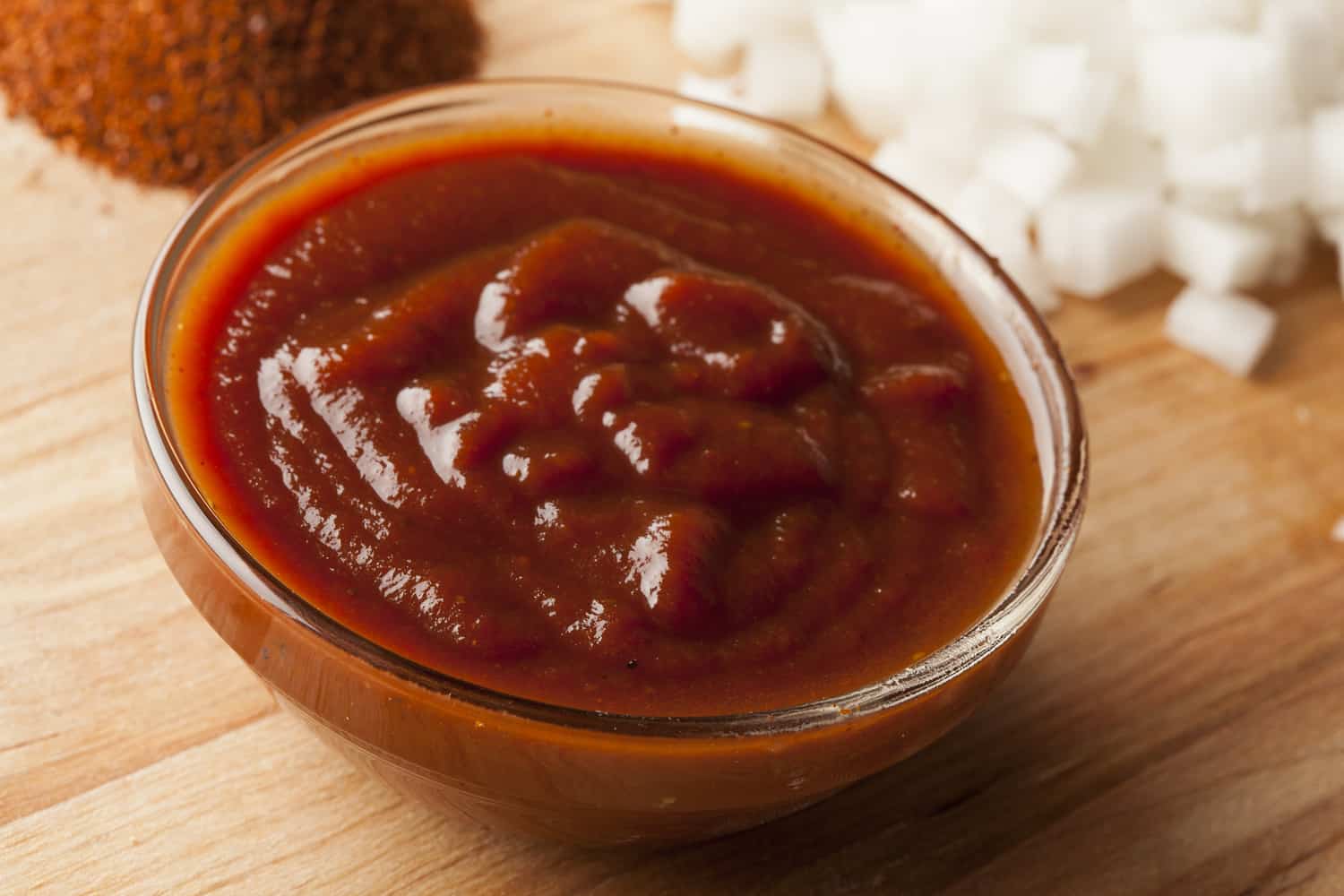
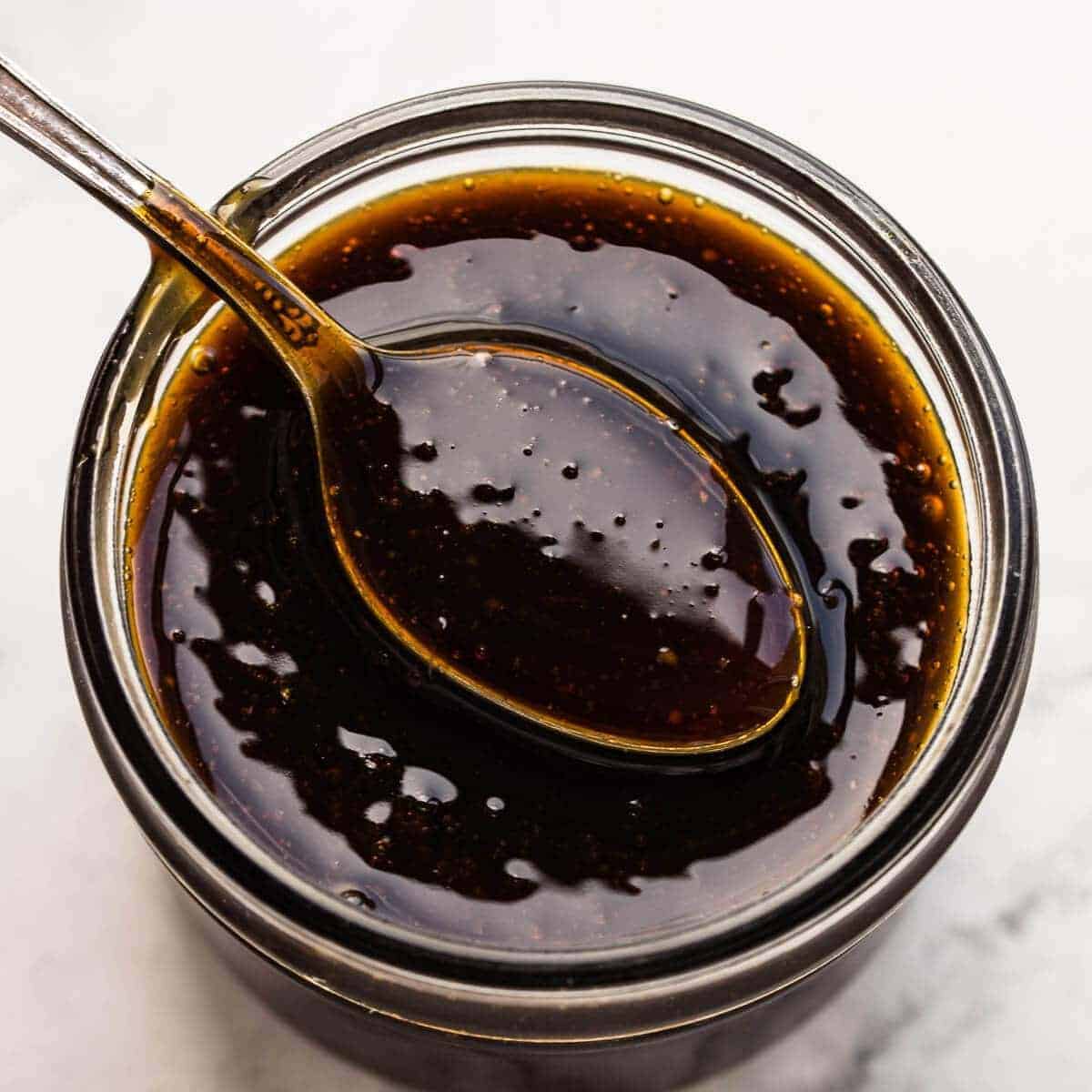
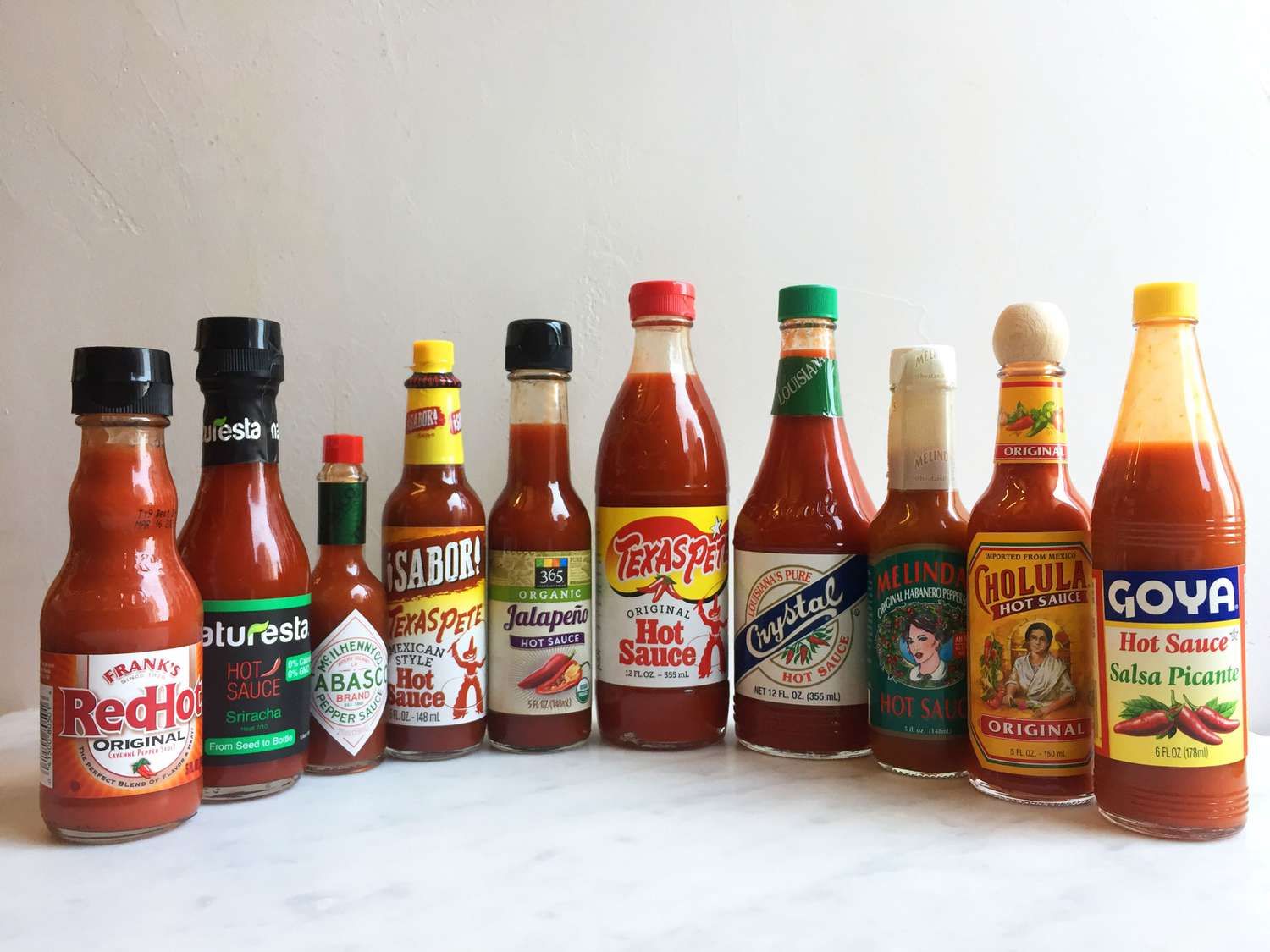
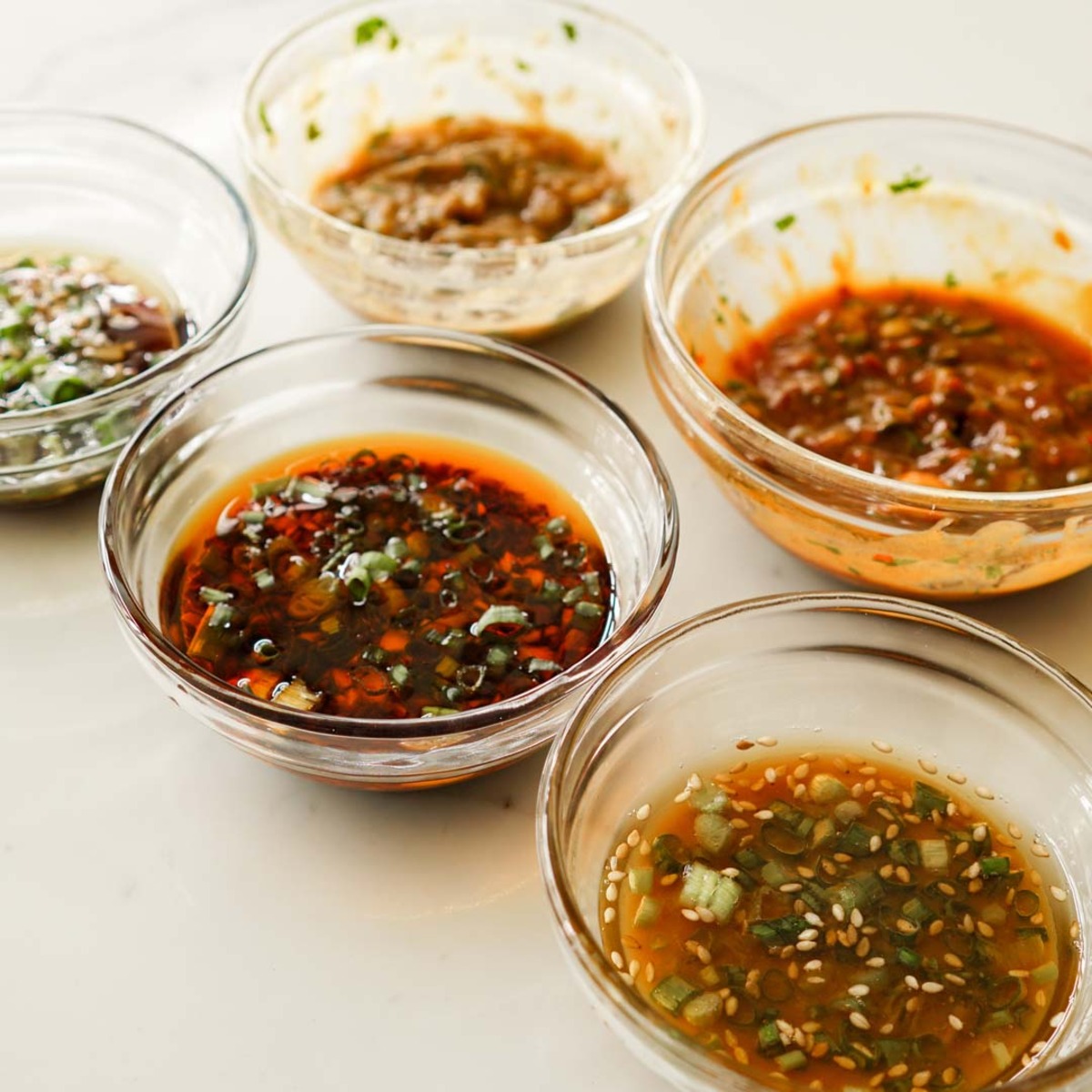
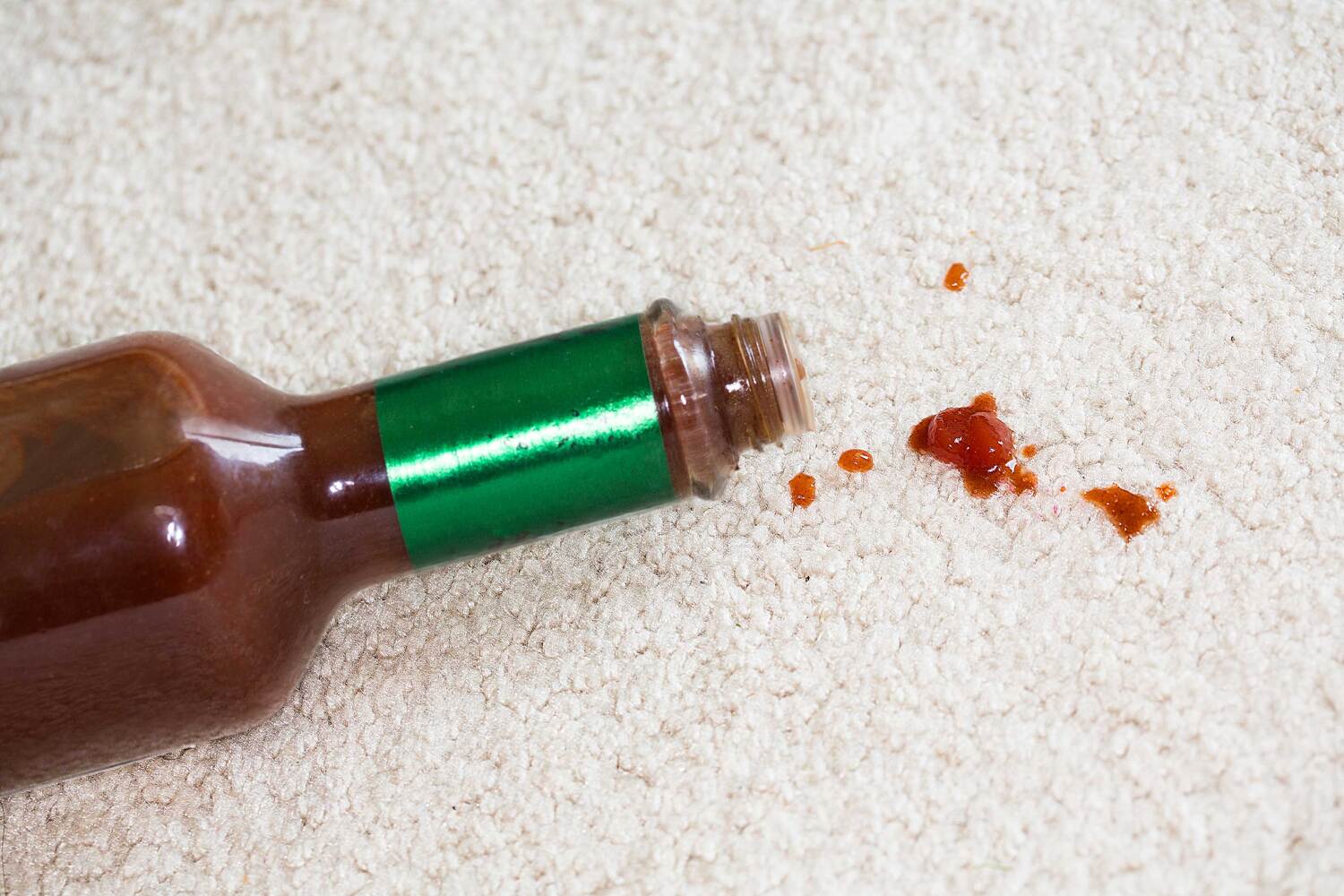
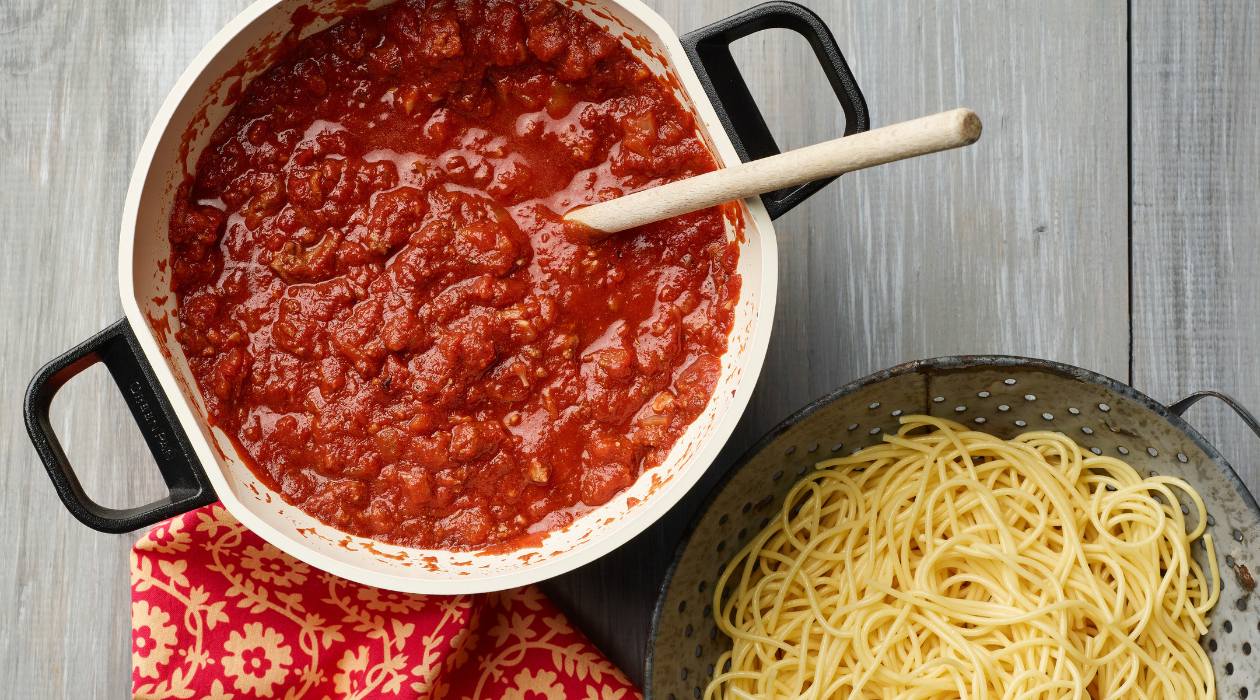

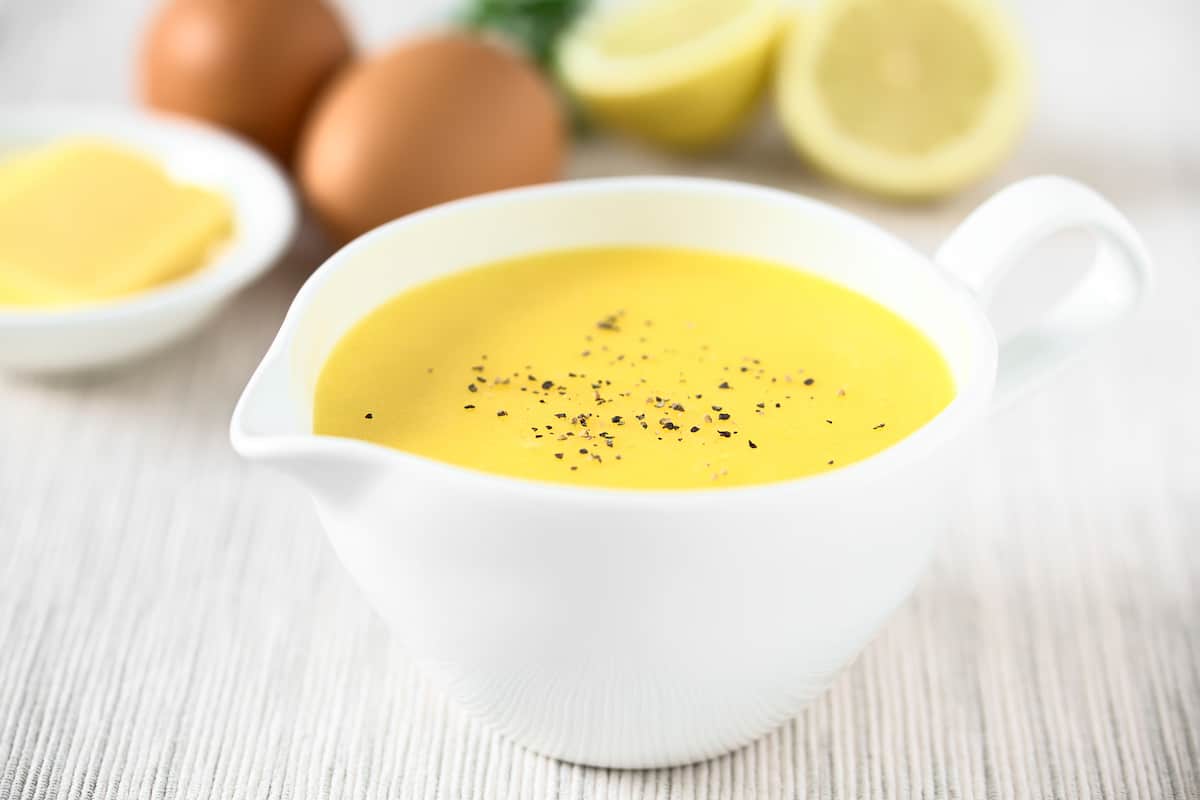
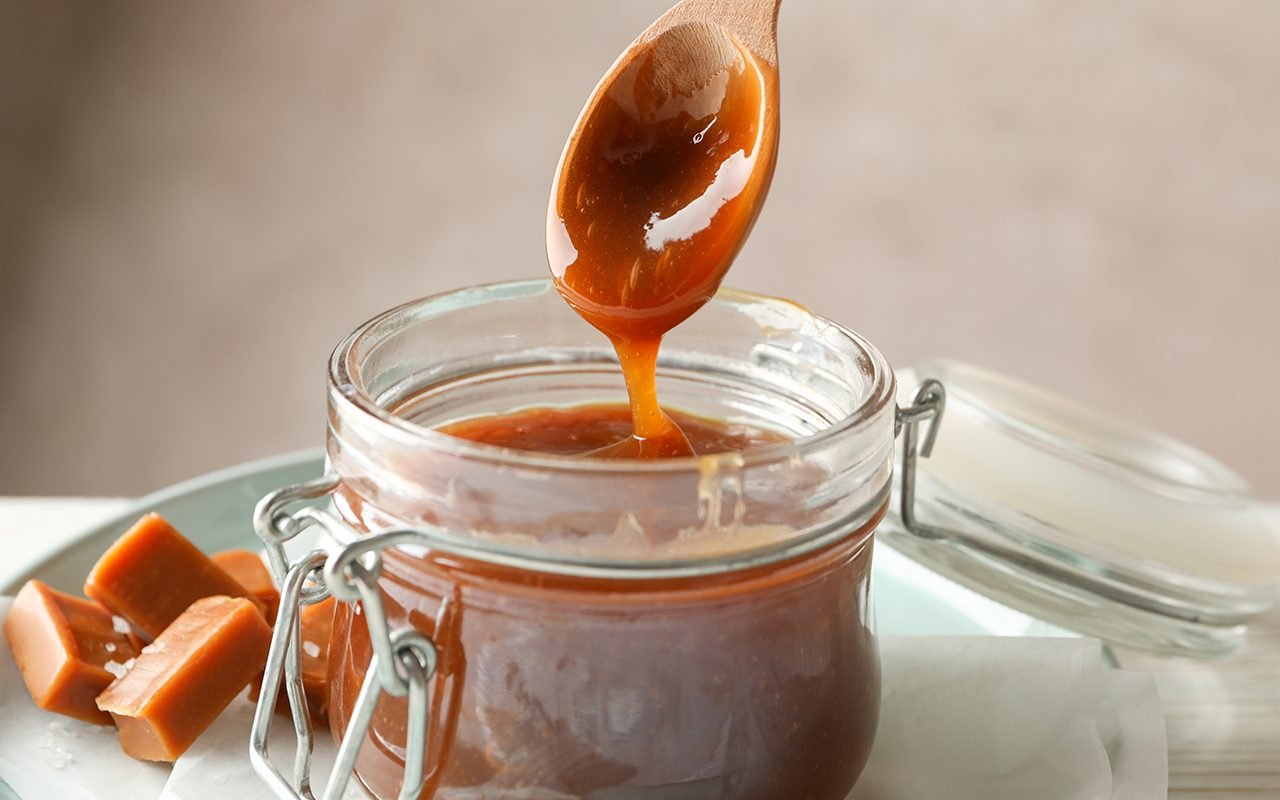
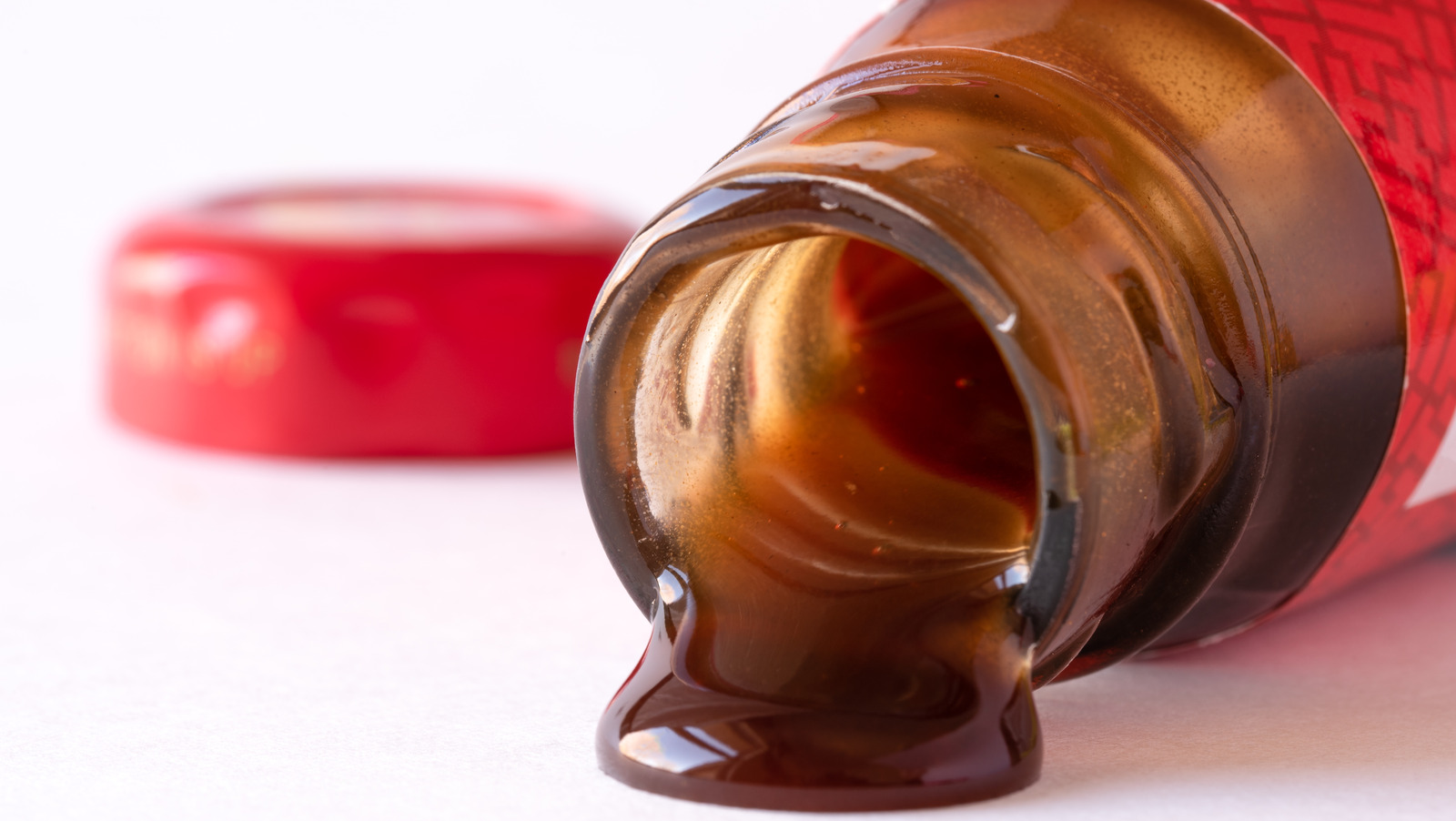
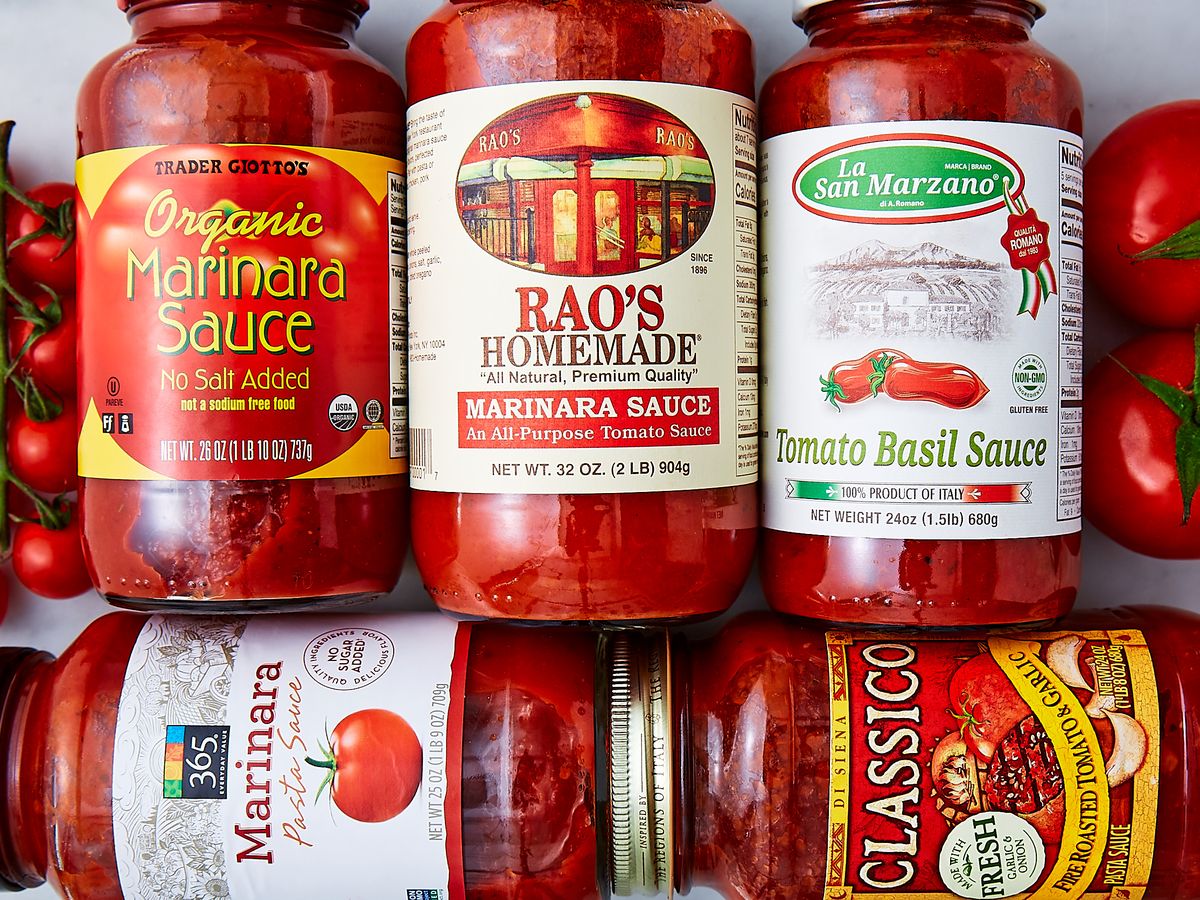
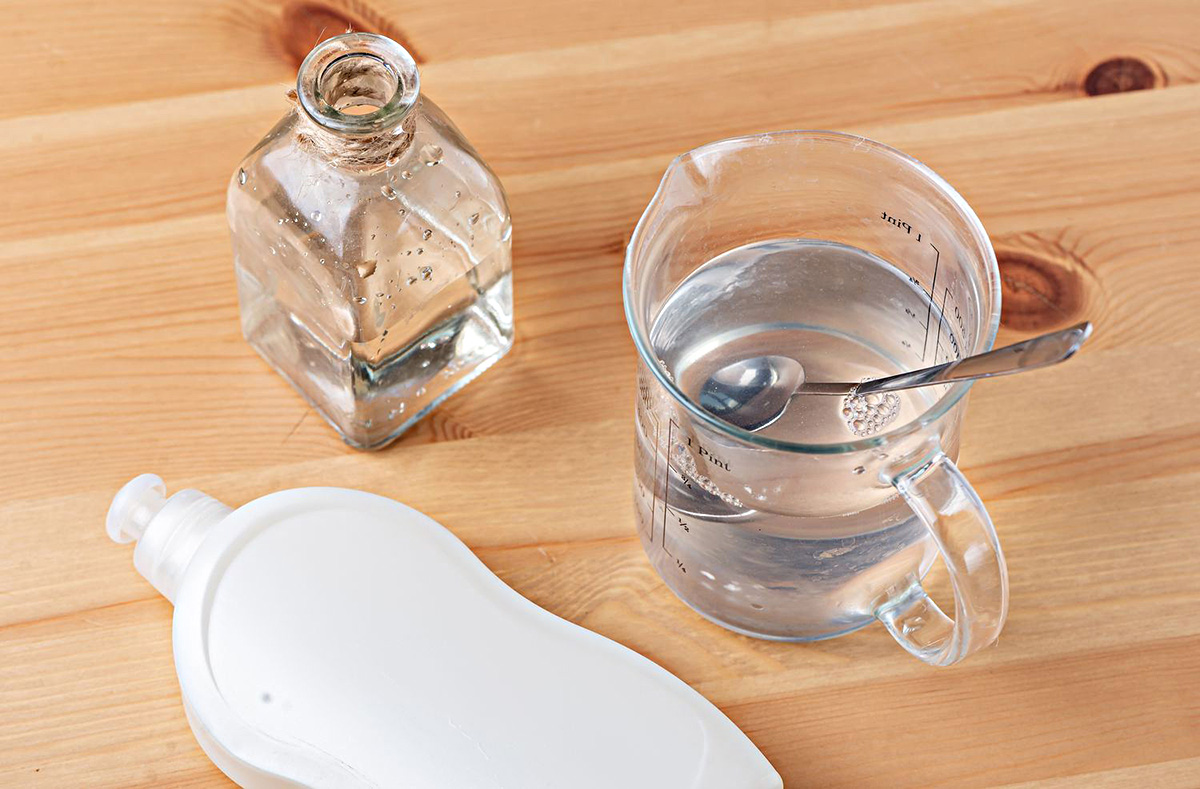

0 thoughts on “How To Store Homemade Hot Sauce”